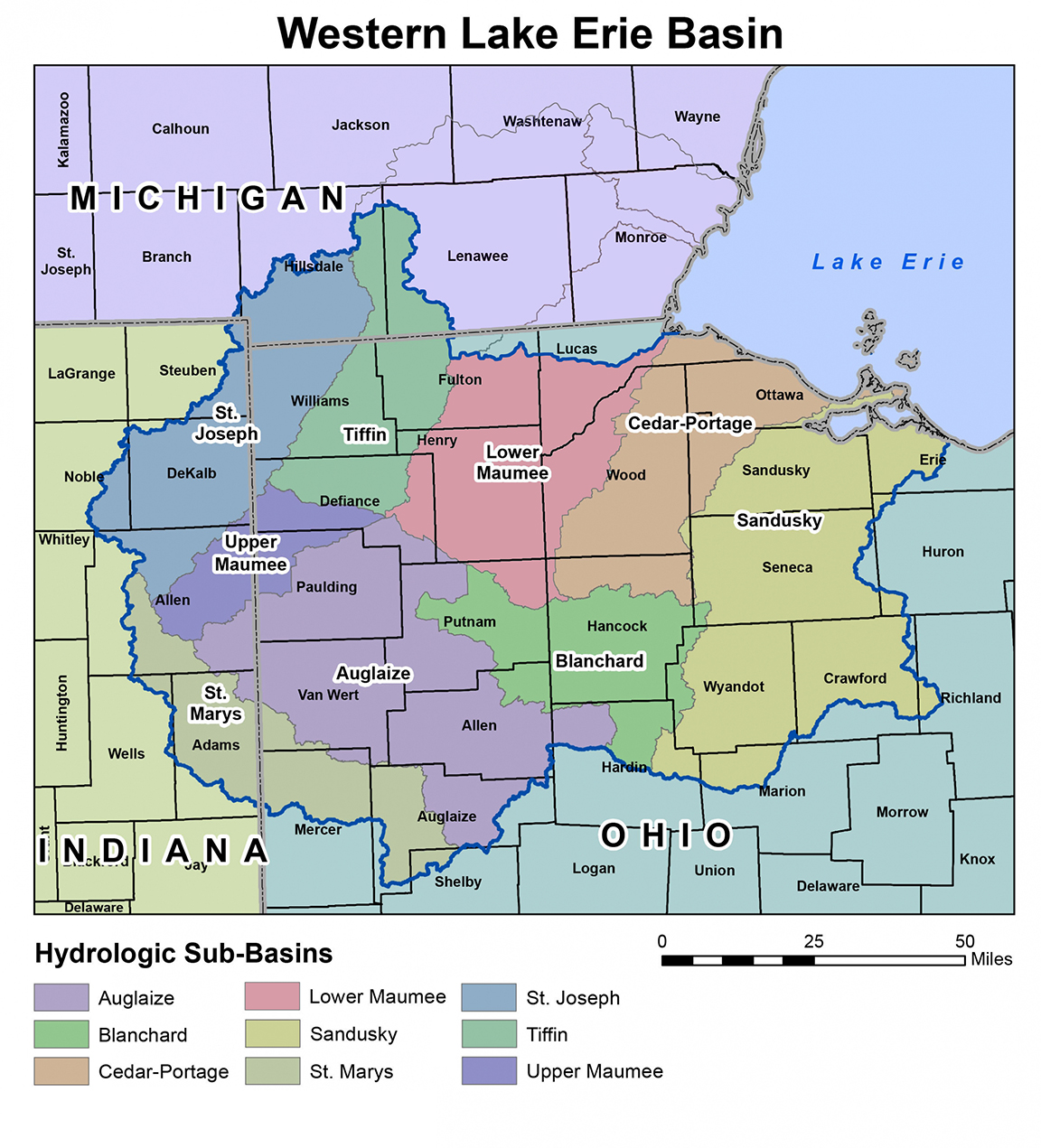Conservation Technology Information Center Announces Creation of Cover Crop Coaches Program and Hires Dan Coffman as Minnesota Soil Health Specialist
Conservation Technology Information Center Announces Creation of Cover Crop Coaches Program and Hires Dan Coffman as Minnesota Soil Health Specialist
WEST LAFAYETTE, NOVEMBER 16, 2023- Thanks to a generous grant from General Mills, a global food company deeply committed to regenerative agriculture, the Conservation Technology Information Center (CTIC) is excited to announce the creation of their farmer-led Cover Crop Coaches program.
This new program aims to further support farmers across Minnesota, Wisconsin and South Dakota with the knowledge and resources needed to successfully adopt cover crops. Cover crops enhance soil health, sequester carbon and reduce soil erosion and nutrient loss. CTIC's Cover Crop Coaches program will play a pivotal role in connecting farmers new to cover crops with farmer mentors in their states. This announcement builds upon the recent expansion by CTIC of three full-time soil health specialists in these same states helping deliver the Farmers for Soil Health (FSH) program which offers additional financial resources for cover crops.
General Mills' generous contribution will enable CTIC to expand its reach, providing on-the-ground support and guidance to farmers interested in adopting cover cropping practices. These coaches will work directly with farmers, helping them navigate the complexities of cover crop selection, planting, and management, tailoring solutions to their specific needs and circumstances.
“There are many farmers in the Upper Midwest with deep knowledge and experience in adapting the soil health principles to this agricultural landscape.” said Jay Watson, Director of Regenerative Agriculture at General Mills. “We are excited to partner with the Conservation Technology Information Center to support experienced farmers in sharing that knowledge with other farmers in the region.”
CTIC Executive Director, Ryan Heiniger, expressed his gratitude for the support, stating, "This generous grant from General Mills is a significant step forward in our mission to promote sustainable farming practices. Cover crops are a vital tool for farmers seeking to improve soil health and protect our natural resources. With this funding, we can multiply our impact with the Farmers for Soil Health program.”
Applying to be a Cover Crop Coach
CTIC is now recruiting nine seasoned cover crop farmers (3 per state) that will work seasonally in 2024 to assist CTIC and participating farmers to provide cover crop how-to advice that will range from seeding mixes to planter set-ups to termination strategies and more. This is a paid consulting position and the cover crop coaches will be compensated for their expert time and travel expenses.
The farmers selected for Cover Crop Coaches should have the following qualifications:
- Proven experience incorporating cover crops into their corn and soybean operations. Experience incorporating livestock valuable but not required.
- Be an energetic and passionate conservation-minded farmer interested in listening and mentoring to accelerate cover crop adoption in their state.
- Willing to travel within a region of your state (with reimbursement) to meet participating farmers to support their adoption of cover crops and offer personalized 1:1 coaching.
- Is willing to host a field day (summer 2024) at your farm to convene farmers to showcase your use of cover crops and related soil health improvements.
The first round of applications are due no later than December 31, 2023, and farmers can apply by sending a brief letter via email to heiniger@ctic.org describing your farm operation and location, your interest in conservation ag including any regenerative ag practices you have utilized, involvement in any conservation or agriculture organizations, and other supporting information that helps describe your interest in supporting other farmers to accelerate conservation ag.
Farmers can find more information at www.ctic.org.
New Soil Health Specialist Joins CTIC
In addition to announcing their new program, CTIC is proud to announce the hiring of Dan Coffman as the Soil Health Specialist to lead the delivery of the Farmers for Soil Health program in Minnesota. Dan received his Bachelor’s of Science degree from NDSU in Agriculture Systems Management, he has previously worked for co-ops and a seed dealership gaining experience in precision agriculture and cover crops. Dan started his farming operation in 2019 in Nicollet, Minnesota where he resides with his wife and 4 children. He has transitioned 50% of his farms acreage to organic production and makes it a priority to utilize soil health practices.
Upon joining CTIC, Coffman expressed his excitement by saying, "I am truly honored to become a part of the CTIC team. As a farmer, I have always been passionate about soil health and its critical role in conservation agriculture. I look forward to working closely with the team to further our mission of advancing conservation practices and helping farmers build healthy soils that benefit both their farms and the environment."
“With a proven background in soil health, Dan possesses the technical knowledge required to assess and promote soil health. However, what sets him apart is his firsthand experience implementing soil health practices on his own farm. This unique perspective allows him to connect with fellow farmers and provide practical guidance and support in adopting sustainable agricultural practices.” said Ryan Heiniger, CTIC Executive Director.
---------------------------------------------------------------------------------------------------------------------
About the Conservation Technology Information Center (CTIC): The Conservation Technology Information Center is a non-profit organization committed to promoting conservation farming practices and sustainable agriculture. CTIC facilitates partnerships and collaborations among farmers, researchers, industry stakeholders, and government agencies to advance conservation and environmental stewardship in agriculture.

